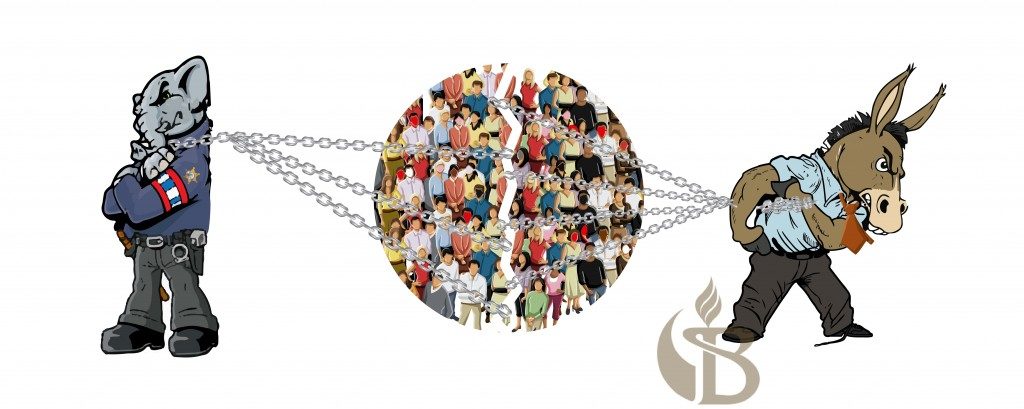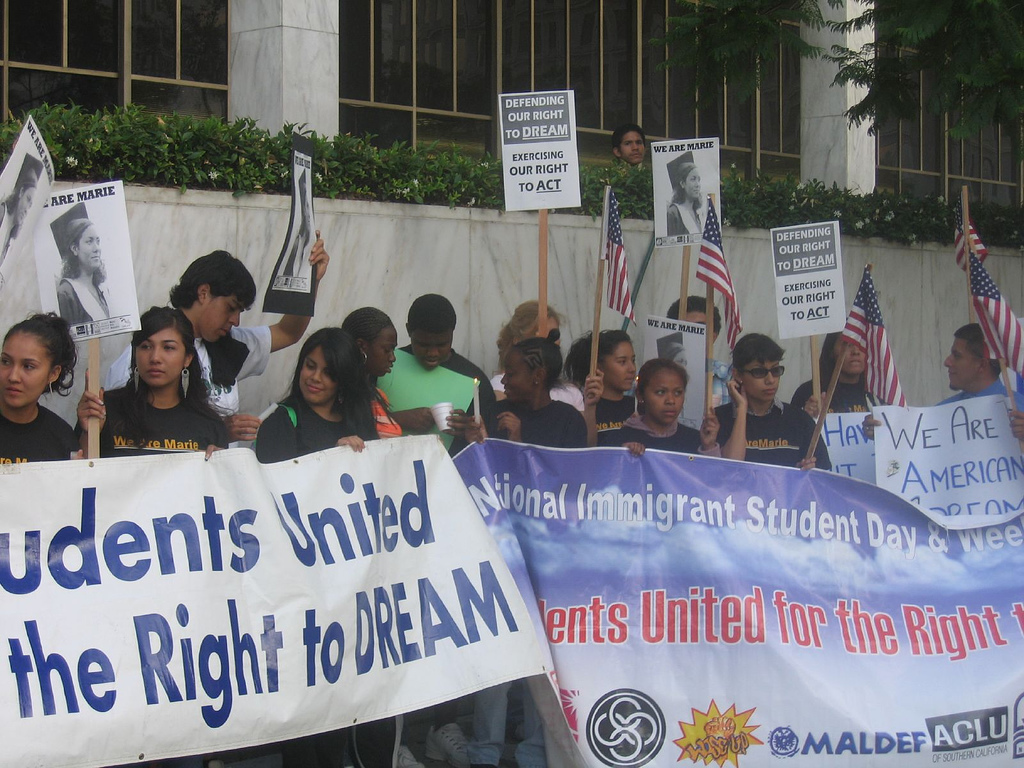
By now, every immigrant reform advocate in the U.S. has heard about the murder on a San Francisco pier allegedly committed by an undocumented immigrant.
Questioned a few days ago, the parents of the young woman who was killed were asked if they supported stricter punishment for immigrants who break our laws.
They responded affirmatively.
I would not expect them to answer otherwise.
I understand and respect their sentiments – though I disagree with some of the rationale underlying the options presented to them.
Unfortunately, the public discussion on this emotionally excruciating issue has not attempted to reconcile differences of opinion, or tried to outline a balanced and enlightened solution. Instead, much of it has been rude not reasoned, inflammatory not insightful.
As often happens on immigration issues, the social discourse is being swayed by political demagoguery. Those who want to be our leaders fail to exhibit the maturity, much less the aptitude or desire, to forge a consensus.
And not solely from one side of the political spectrum.














